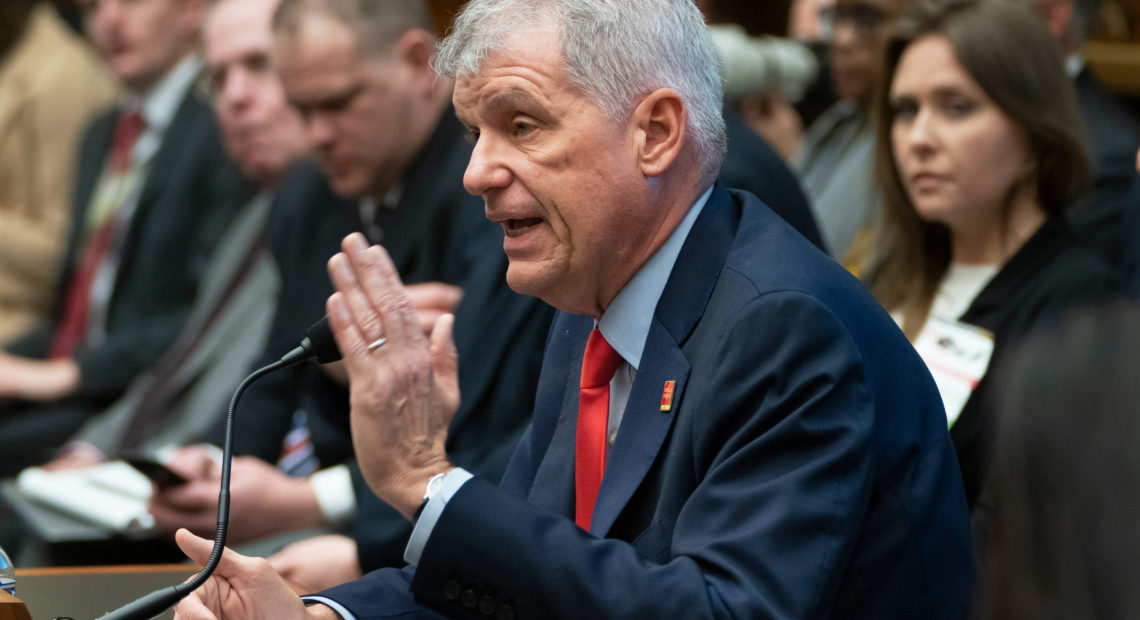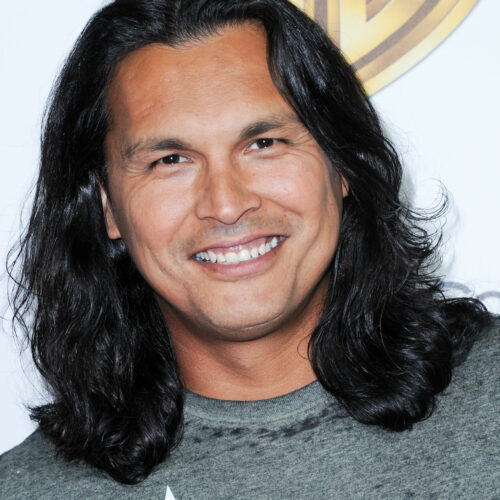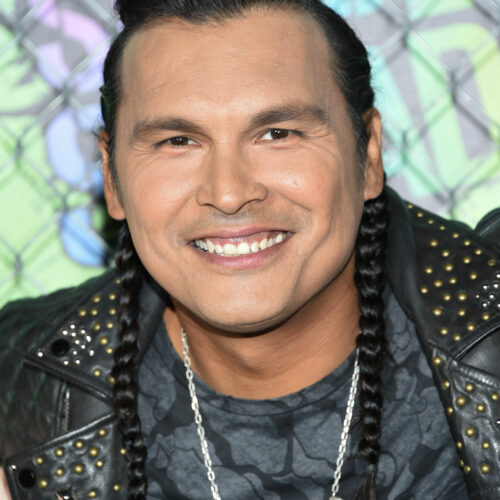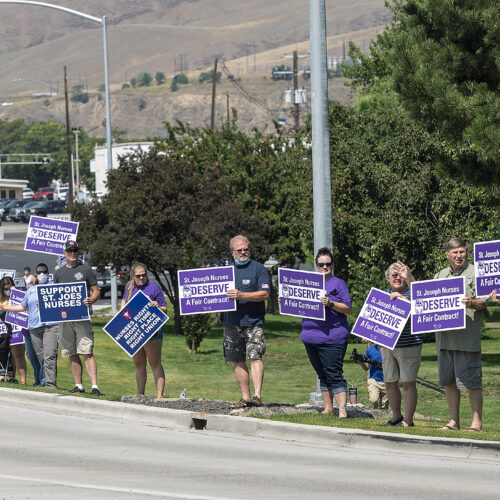
Wells Fargo CEO Quits In Wake Of Consumer Financial Scandals
PHOTO: Wells Fargo CEO Timothy Sloan is questioned by the House Financial Services Committee earlier this month. He will step down immediately, the company announced Thursday. CREDIT: J. Scott Applewhite/AP
BY JENNIFER LIBERTO
Wells Fargo CEO Tim Sloan will step down immediately, the company announced Thursday.
“It has become apparent to me that our ability to successfully move Wells Fargo forward from here will benefit from a new CEO and fresh perspectives,” Sloan said as part of the announcement.
He is the second Wells Fargo CEO to resign in about 2 1/2 half years, as the big bank has been buffeted by scandals. The most prominent involved bankers creating deposit and credit card accounts for millions of customers without their knowledge.
Wells Fargo was ordered to pay $185 million in penalties and fines in 2016 for creating unwanted accounts by the Consumer Financial Protection Bureau.
Earlier this month, Sloan testified before Congress, assuring the House Financial Services Committee that “Wells Fargo is a better bank than it was three years ago, and we are working every day to become even better.”
But lawmakers from both political parties were skeptical.
And a few days later, the company revealed in a filing to a government regulator that Sloan would be getting a $2 million bonus for 2018.
That prompted California Democrat Maxine Waters, who runs the House Financial Services Committee, to call for him to be “shown the door.”
The troubles have been mounting for Wells Fargo over the years.
In an unrelated case, the consumer bureau also imposed a $1 billion fine against Wells Fargo for overcharging customers for mortgages and auto loans. The fine was part of a larger settlement of charges the bank originated and sold mortgage loans that included false information in the years leading up to the financial crisis.
Sloan took over as CEO when John Stumpf stepped down in October 2016, in the wake of outrage over the accounts scandal.
Sloan said during the hearing that as many as 3.5 million unauthorized accounts had been opened, according to an audit.















